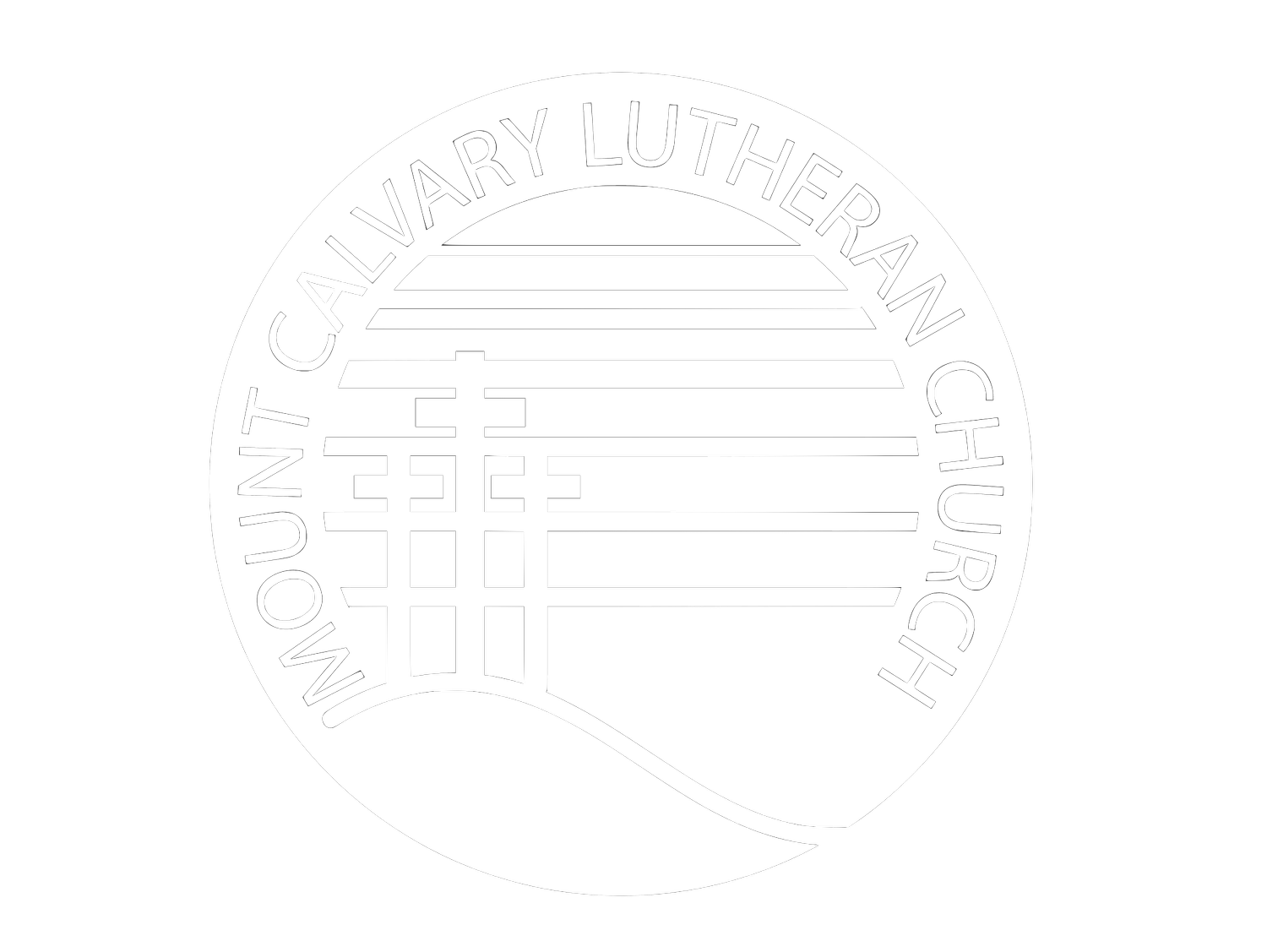“Jesus Christ isthe same yesterday and today and forever.”-Hebrews 13:6
Have you ever been disappointed by a little change? I don’t mean change in a general sense. I mean have you been disappointed by a small change. Perhaps, a little adjustment to a recipe at your favorite restaurant or a slight change in how your garden turns out. It's also amazing how a little change can go a long way too. For example, one simple adjustment when playing an instrument can make all the difference. One conversation can change a life.
Change of course is rarely without controversy. Perhaps you remember a time when you were on the front lines leading for a change and had to overcome resistance to get there. Alternatively, perhaps you remember fighting against change only to be proved right in the long run after the dust had settled. As a pastor, one of the most common questions I get is, “does your church have a traditional or contemporary service?” The person asking the question wants me to agree with their belief. Their belief is closely tied to the idea of change. Things tend to change very quickly in our world, and this gives the impression that change is inevitable or that all change is good, or that even all changes are permanent. Conversely, it would be silly not to recognize the power of change or the need for change from time to time.
We have to understand that worship is first and foremost something outside of our human experience or expectations. Worship is the work of God among us. God gathers his people together, God speaks to his people through His Word, God feeds His people, and God sends them out to be His witness in the world. Worship is really God’s work. The church has decorated this work of God in different ways in different times and places. Theologians speak of enculturating worship into the local culture. Simply put, worship looks different in different cultures. One of our teachers at VLHS had a father who was a missionary in Papua New Guina. Rev. Meyer, the missionary, had to radically change the order of worship he grew up with in the United States for this new place. God was still gathering his people together, God was still speaking to his people through his word, God was still feeding his people, and God was still sending them out to be his witnesses in the world, but it looked and sounded different.
The expressions of worship most familiar to us come broadly from the experiences of Christians in western Europe and North America. These expressions of worship have been careful curated for centuries. There is a lot that could be said here. How did we get these expressions of worship such as, 4-part congregational signing for example? What should Christians think about “western civilization” and its now very public shortcomings? What does it mean for our worshiping tradition now that Christianity is a minority in some places in western Europe? I want to affirm the good that is in tradition. Tradition can be the best of the past and I think it is true of what is often called “traditional worship.” At the same time, every hymn in our hymnal was at one point new. There are always new expressions of the faith, and we cannot and should not choke off the arts in their creation of these new expressions. There are also many hymns written hundreds of years ago which did not make it in the hymnal. The hymnal creation process curates and selects our traditions. This reality shows how most new things do not last.
I want to leave you with an image of a river. Great rivers such as the Mississippi, the Amazon, and the Nile have lots and lots of small streams which feed into them. Each stream is powerful in its own right. Each stream has something to contribute to the great river. However, it can be hard to see the small stream in the big river. We at Mt. Calvary Lutheran Church stand squarely in the great river. We get the best of a variety of traditions on Sunday morning. This is part of what it means to be Lutheran. Luther did not throw out everything he inherited from the Catholic Church. Rather, if it did not conflict with the Bible, he took the best and added his own small additions. Generations since then have done the same. We remain open to the contributions current generations will make. These traditions beautifully express what God is doing to us in worship.
Pastor Kurt



